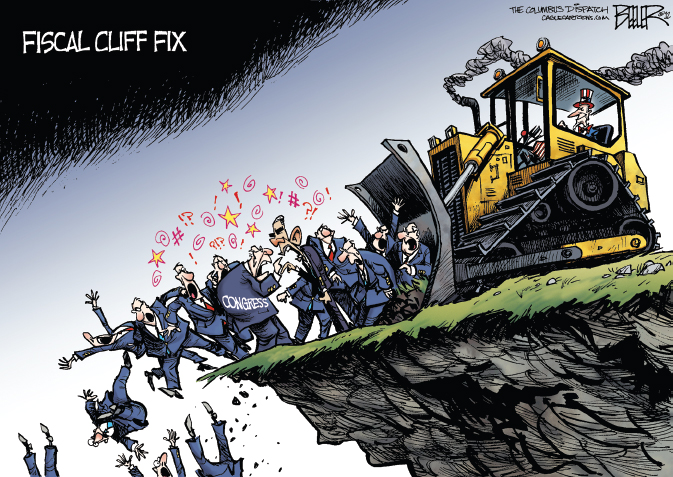Exploring purpose and topic
Exploring purpose and topic
topic
Most people will agree to a reasonable proposal — as long as it doesn’t cost them anything. But moving audiences from I agree to I’ll actually do something about it takes a powerful act of persuasion. And for that reason, proposals are typically structured as arguments, requiring all the strategies used in that genre. (understand argument)
Occasionally, you’ll be asked to solve a particular problem in school or on the job. Having an assigned topic makes your task a little easier, but you can bet that any such problem will be complex and open to multiple solutions. Otherwise, there would be no challenge to it.
When choosing a proposal topic on your own, keep in mind the following concerns. (find a topic)
Need help deciding what to write about? See "How to Browse for Ideas"

Look for a genuine issue. Spend the first part of your project defining a problem readers will care about. You may think it’s a shame no one retails Prada close to campus, but your classmates probably care more about out-
Look for a challenging problem. It helps if others have tried to fix it in the past but failed — and you are able to figure out why. Times change, attitudes shift, technology improves: Factors like these might make what once seemed like an intractable problem more manageable now. Choose a serious topic to which you can bring fresh perspectives.
Look for a soluble problem. Challenges are good, but impossible dreams are for Broadway musicals. Parking on campus is the classic impasse — always present, always frustrating. Steer clear of problems no one has ever solved, unless you have a really good idea.
Look for a local issue. It’s best to leave “world peace” to beauty pageant contestants. Instead, investigate a problem in your community, where you can interview affected people or search local archives. (interview and observe) Doing so also makes it easier to find an audience you can influence, including people potentially able to improve the situation. You’re far more likely to get the attention of your dean of students than the secretary of state.

Columbus Dispatch editorial cartoonist Nate Beeler offers a proposal for solving the country’s budget woes.
Nate Beeler, courtesy of Cagle Cartoons.